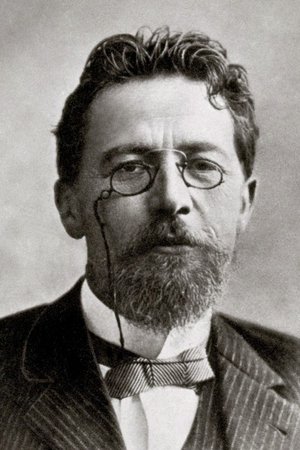
Anton Chekhov
Anton Pavlovich Chekhov (1860 – 1904) was a Russian playwright and writer, whose plays received international acclaim, and who as a short-story writer is still regarded as virtually unmatched. Along with Henrik Ibsen and August Strindberg, Chekhov is often referred to as one of the three seminal figures in the birth of early modernism in the theatre. Chekhov was a physician by profession. "Medicine is my lawful wife", he once said, "and literature is my mistress." The son of a former serf, Chekhov started out supporting his family by writing popular comic sketches as a medicine student. While practicing as a doctor, he produced his first full-length play, Ivanov (1887). He took up serious themes with stories such as “The Steppe” (1888) and “A Dreary Story” (1889); later stories include “Ward Number Six” (1892), “The Black Monk” (1894) and “The Lady with the Dog” (1899). His play The Seagull (1896) was badly received until its successful revival in 1899 by Konstantin Stanislavsky and the Moscow Art Theatre. After this he converted his earlier work The Wood Demon (1889) into the universally acclaimed play Uncle Vanya (1897). To nurse his eventually fatal tuberculosis he moved to the Crimea, where he wrote his famous last plays, Three Sisters (1901) and The Cherry Orchard (1904).
Conosciuto per: Writing
Compleanno: 1860-01-29
Luogo di Nascita: Taganrog, Yekaterinoslav Governorate, Russian Empire [now Rostov Oblast, Russia]
Conosciuto Anche Come: